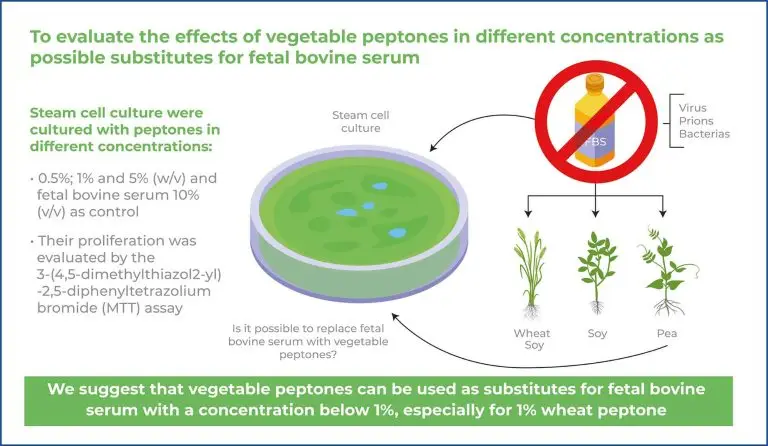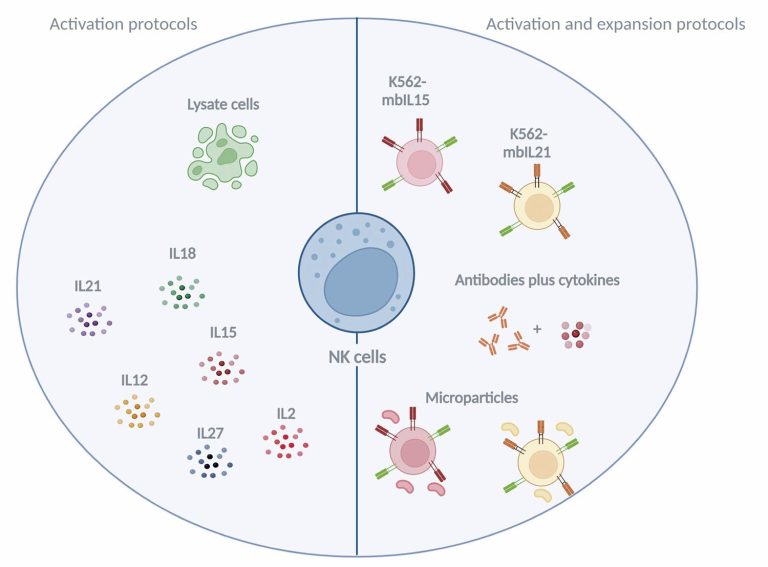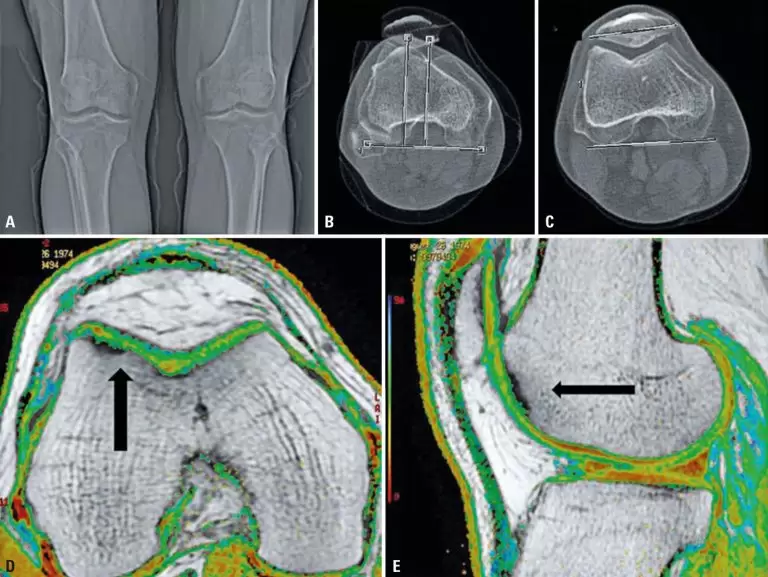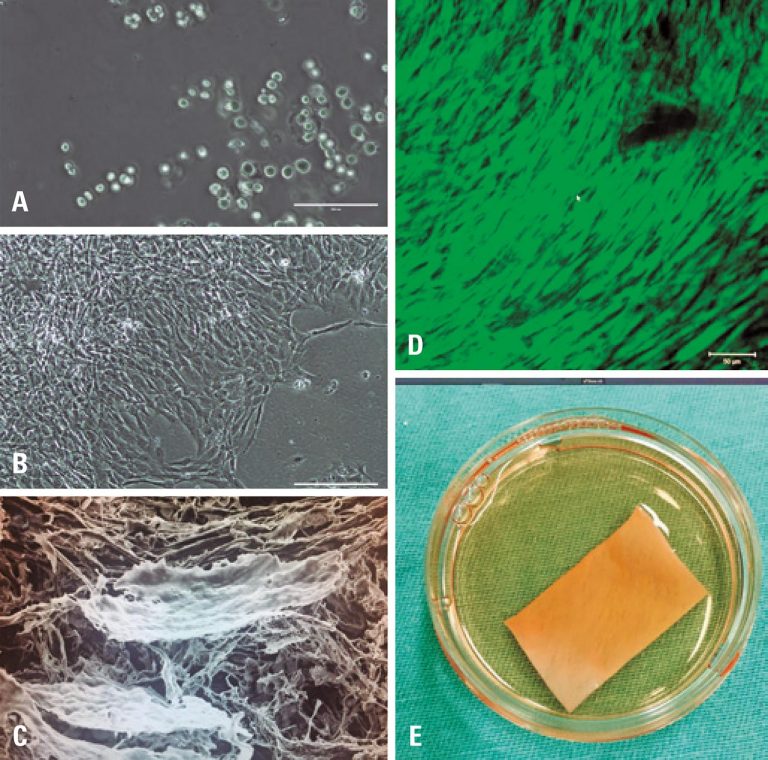11/Jul/2025
Vegetable peptones as a fetal bovine serum substitute in human deciduous tooth pulp stem cell culture
DOI: 10.31744/einstein_journal/2025AO1364
Highlights ■ Different vegetable peptones have different amino acid compositions. ■ Different peptones produce different crop responses. ■ Peptone composition can be compared to that of fetal bovine serum. ■ Vegetable peptones can replace fetal bovine serum. ABSTRACT Objective: This study aimed to evaluate the effects of different concentrations of vegetable peptones (pea, wheat, and soy) as substitutes for fetal bovine serum in stem cell cultures derived from human exfoliated deciduous teeth. Methods: Stem cell cultures derived from human exfoliated […]
Keywords: Cell- and tissue-based therapy; Culture; deciduous; Dental pulp diseases; Peptones; Serum fetal , bovine; Steam cells; Tooth; Vegetables
13/Nov/2024
Current landscape of clinical use of ex vivo expanded natural killer cells for cancer therapy
DOI: 10.31744/einstein_journal/2024RW0612
ABSTRACT Natural Killer cells are immune leukocytes required for responses against tumor cells and virus-infected cells. In the last decade, natural killer cells have emerged as promising tools in cancer therapy, and clinical studies on patients treated with natural killer cells have revealed increased rates of disease-free survival. In this article, we review results from the major clinical trials that have used natural killer cells for cancer treatment, including their global distribution. We also discuss the major mechanisms of natural […]
Keywords: Cell culture techniques; Cell- and tissue-based therapy; Feeder cells; Immunotherapy; Natural killer cells; Neoplasms
14/Jun/2022
Report of a clinical and laboratory management of cell therapy for knee cartilage in the face of mycoplasma contamination
DOI: 10.31744/einstein_journal/2022RC6918
ABSTRACT To describe a case of autologous chondrocyte implantation after cell culture contamination by Mycoplasma pneumoniae and the measures taken to successfully complete cell therapy in a patient with focal chondral lesion. A 45-year-old male patient, complaining of chronic pain on the knee and no history of trauma. He had a chondral lesion in the trochlear region of the femur and clinical tests compatible with pain in the anterior compartment of the knee. Conservative treatment failed to alleviate symptoms. Surgical […]
Keywords: Cartilage; Cell culture techniques; Cell- and tissue-based therapy; Chondrocytes; Knee; Mycoplasma
28/Apr/2022
Matrix-assisted autologous chondrocyte transplantation for treatment of focal chondral lesions in the knee: the Hospital Israelita Albert Einstein experience
einstein (São Paulo). 28/Apr/2022;20:eAO6819.
View Article28/Apr/2022
Matrix-assisted autologous chondrocyte transplantation for treatment of focal chondral lesions in the knee: the Hospital Israelita Albert Einstein experience
DOI: 10.31744/einstein_journal/2022AO6819
ABSTRACT Objective Phase 1 clinical trial to determine feasibility, safety, and efficacy of a new advanced cell therapy product for treatment of knee articular cartilage injuries. Methods Three participants with knee focal chondral lesions were included, with no signs of osteoarthritis. Chondrocytes were obtained through knee arthroscopy, cultured in collagen membrane for 3 weeks at the laboratory, subjected to tests to release the cell therapy product, and implanted. All patients underwent a specific 3-month rehabilitation protocol, followed by assessments using […]
Keywords: Cartilage; Cell- and tissue-based therapy; Chondrocytes; Knee injuries; Pain; Regenerative medicine






